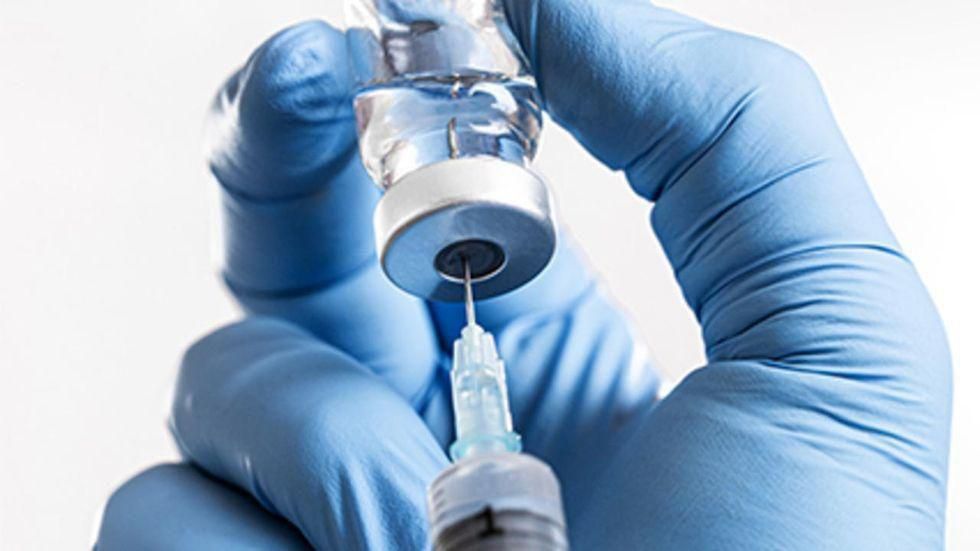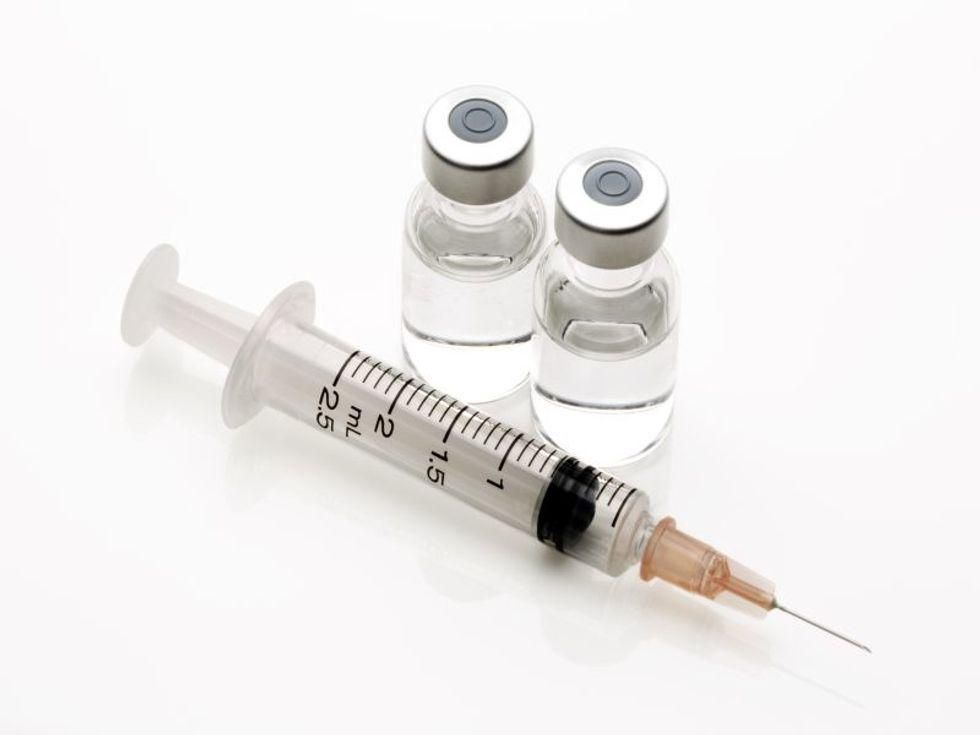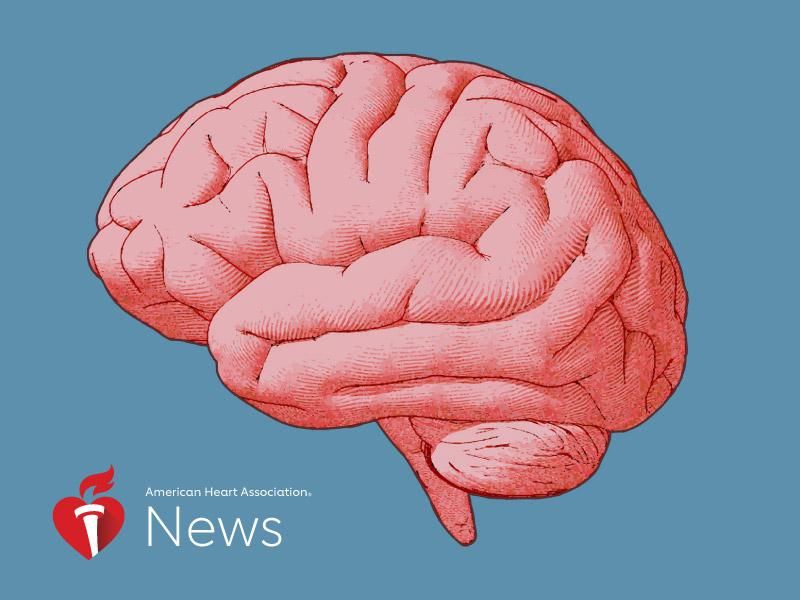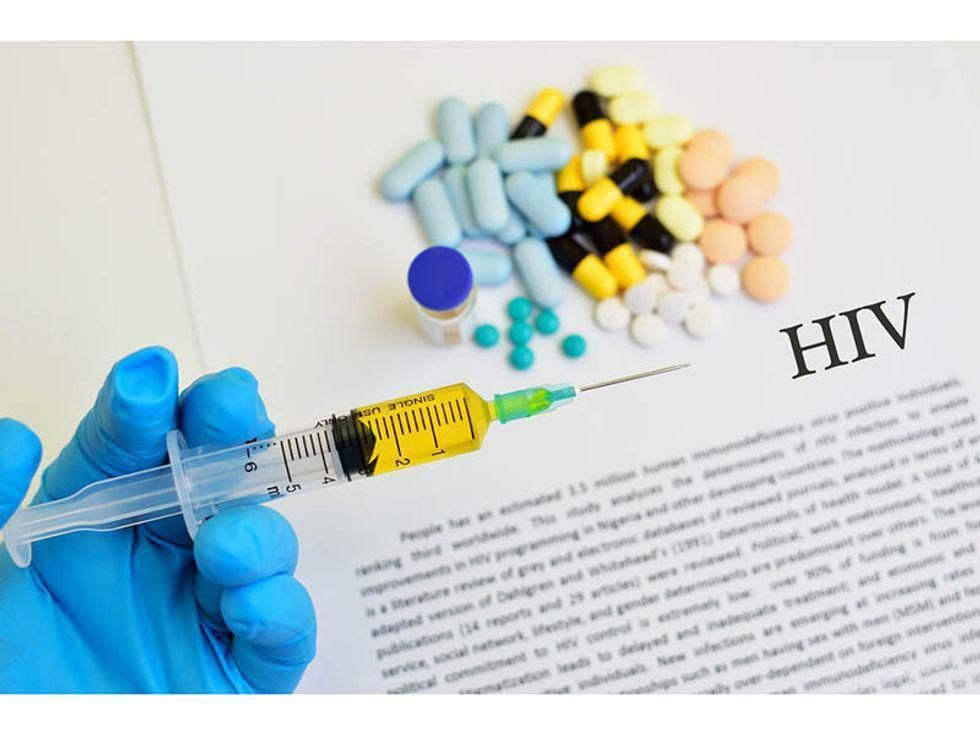
Before you sign your young pitcher up to play baseball in multiple leagues, familiarize yourself with guidelines that can protect them against overuse injuries. Sound obvious? A new survey shows it isn’t, because most parents have no idea what those guidelines are. Players under age 18 are pitching more and more frequently, often for several… read on > read on >






























